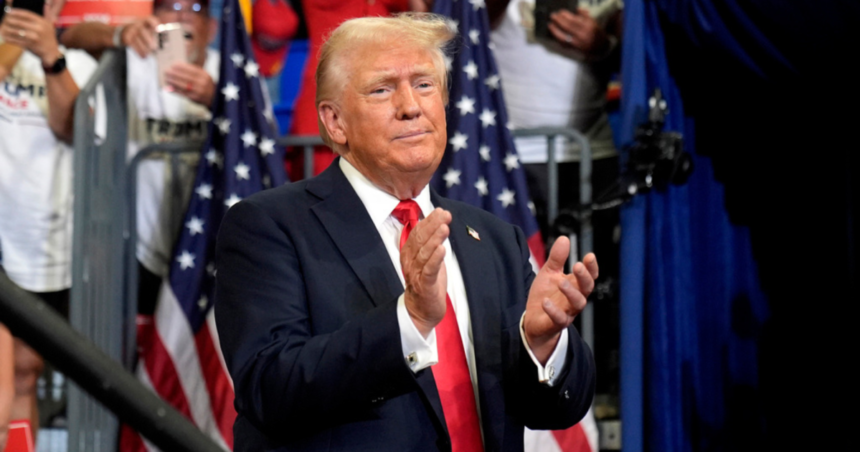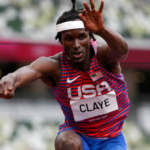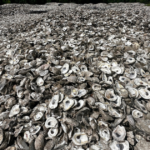The federal judge overseeing the election subversion case against former President Donald Trump has rejected a defense attempt to dismiss the indictment on the grounds of vindictive and political motives.
U.S. District Judge Tanya Chutkan’s ruling on Saturday is the first significant decision since the case was sent back to her on Friday following a Supreme Court ruling last month that provided broad immunity for former presidents and limited special counsel Jack Smith’s case against Trump.
In their motion to dismiss the indictment, Trump’s defense argued that he was unfairly targeted because he was prosecuted while others who challenged election results did not face criminal charges. Trump, the Republican nominee in the 2024 presidential race, also suggested that President Joe Biden and the Justice Department initiated the prosecution to prevent his reelection.
However, Chutkan dismissed both arguments, stating that Trump was not charged solely for contesting election results but for “knowingly making false statements in furtherance of criminal conspiracies and for obstructing election certification proceedings.” She also refuted the claim that the prosecution was politically motivated, citing a misinterpretation of news sources by Trump’s legal team.
RELATED STORY | What does the Supreme Court’s immunity ruling mean for Trump’s federal election interference case?
“After reviewing Defendant’s evidence and arguments, the court cannot conclude that he has carried his burden to establish either actual vindictiveness or the presumption of it, and so finds no basis for dismissing this case on those grounds,” Chutkan wrote in her order.
Additionally, she has scheduled an Aug. 16 status conference to discuss the next steps in the case.
The indictment, consisting of four counts and issued in August 2023, accuses Trump of conspiring to overturn the results of the 2020 election he lost to President Joe Biden through various schemes, including pressuring his vice president, Mike Pence, to block the formal certification of electoral votes.
Trump’s legal team argued that he is immune from prosecution as a former president, leading to a hold on the case since December as the appeal progressed through the courts.
In a 6-3 decision, the Supreme Court ruled that presidents have absolute immunity for core constitutional duties and are typically immune from prosecution for all other official actions. The case was returned to Chutkan to determine which actions alleged in the indictment can proceed in the prosecution and which should be excluded.





